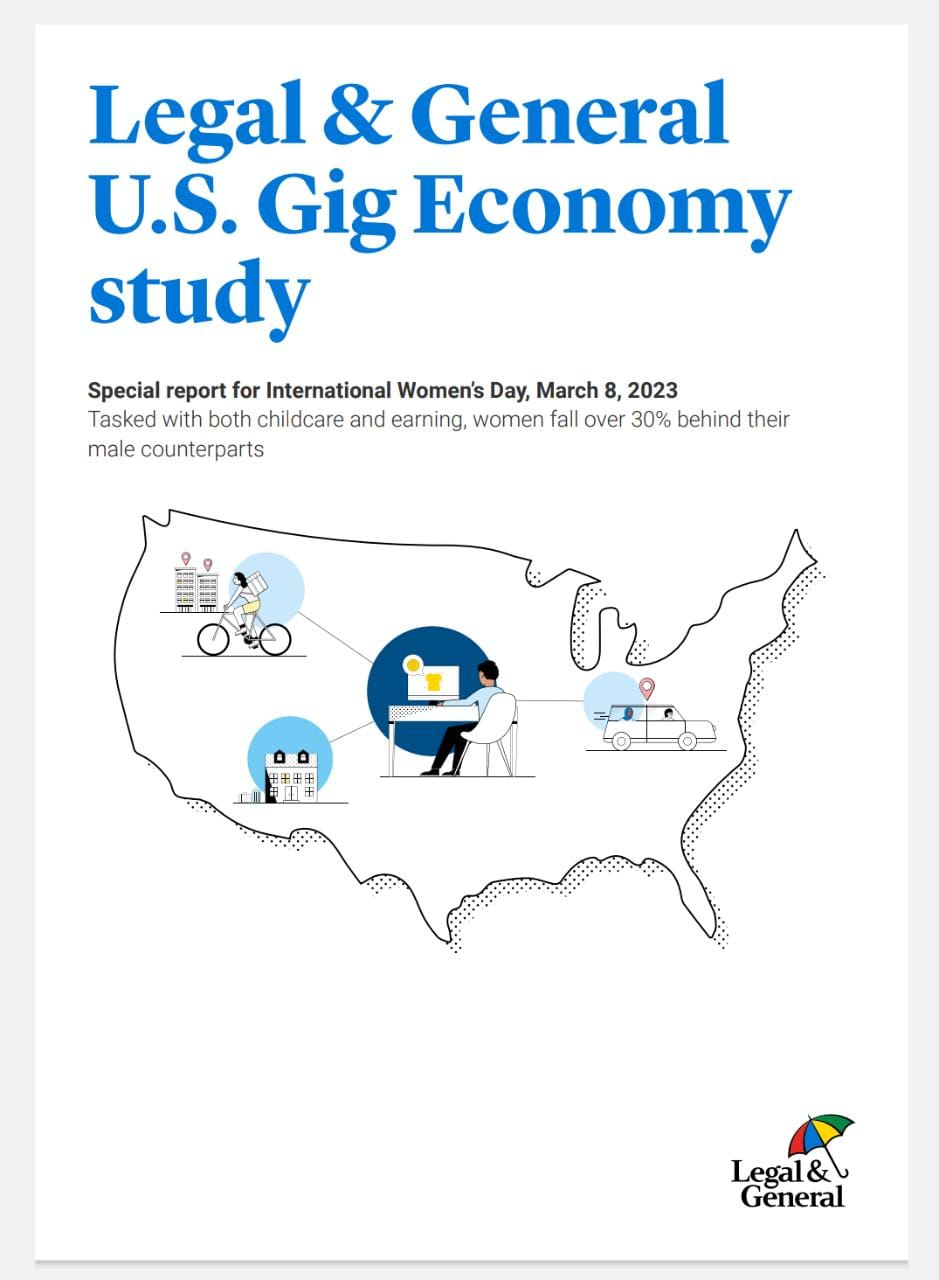Social Security of Labour in India
By Ishita Arora The social security of labour in India is a critical issue that needs to be addressed. The country's labour force is massive, and ensuring their protection and well-being is crucial to their quality of life and the country's economic development. This research paper aims to explore the current state of social security for workers in India, including policies and programs aimed at providing protection and support to individuals and families against social and economic risks such as...










